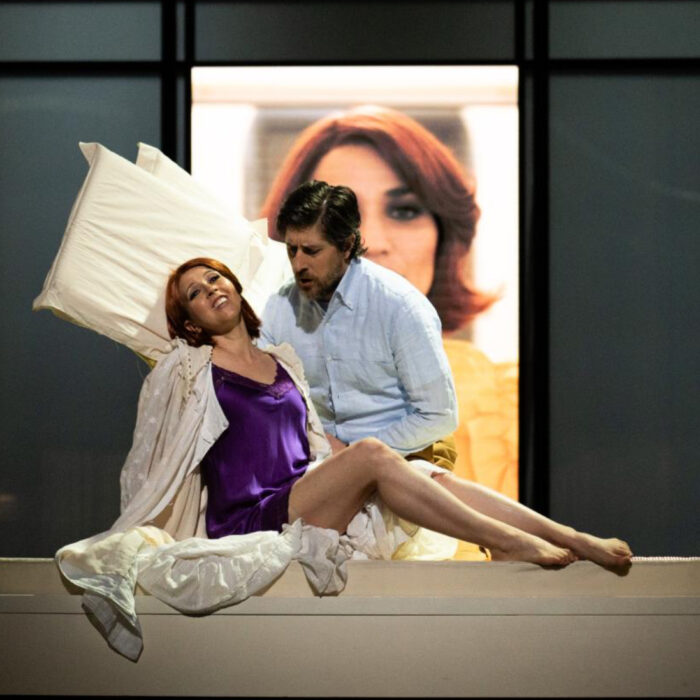
Obituary: Renowned Greek Composer Michail Theodorakis Dies, Aged 96
By Logan MartellOn September 2, 2021, leading Greek composer Michail “Mikis” Theodorakis passed away at the age of 96. He is remembered for his prolific body of works, as well as his involvement in the political struggle of Greece.
Born on July 29, 1925, in Chios, Theodorakis was drawn to music at an early age, being influenced by Byzantine liturgical music. After taking lessons, he gave his first concert at the age of 17; the following years he went to Athens and became a member of a Reserve Unit of the Greek People’s Liberation Army (ELAS,) leading a fight against the British and Greek rights in the Dekemvriana. He was arrested during the Greek Civil War, being sent into exile on Icaria before being deported to the Island of Makronisos, where he was tortured and even buried alive twice.
In 1950, he was able to complete his education at the Athens Conservatoire. He left for Crete, where he founded his first orchestra and became the head of the Chania Music School. In 1954, he and his wife Myrto moved to Paris, where he entered the Conservatory and studied musical analysis under Olivier Messiaen and conducting under Eugene Bigot. He was lauded internationally for a number of his symphonic works during this time, and in 1959 was awarded the Gold Medal in the Moscow Music Festival. After returning to Greece in 1960, Theodorakis applied his talents to the music of his homeland and created a number of significant works, such as his song cycle “Epitaphios.”
In 1964, he became a member of the Greek Parliament, associated with the left-wing party, EDA. Because of his Marxist political belief, his works were often censored by the establishment of the time. That same year, he wrote the score for Michael Cacoyiannis’ film “Zorba the Greek,” the main theme of which has become a celebrated piece of music by the Greek people.
Through years of political strife, Theodorakis would be forced from Greece as regimes and governments changed hands, able to return when tensions cooled. In the 80s and 90s, he was elected again to the Greek Parliament and served as a minister in the government of Constantine Mitsotakis. After he retired in 1992, he was named General Musical Director of the Choir and Orchestras of the Hellenic State Radio.
His vast body of works included symphonic works, chamber music, film scores, ballets, oratorios, and operas such as “Kostas Karyotakis,” “Medea,” “Elektra,” “Antigone,” and “Lysistrata.”
Categories
News


